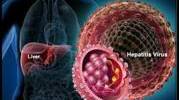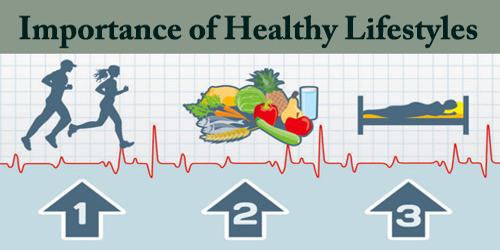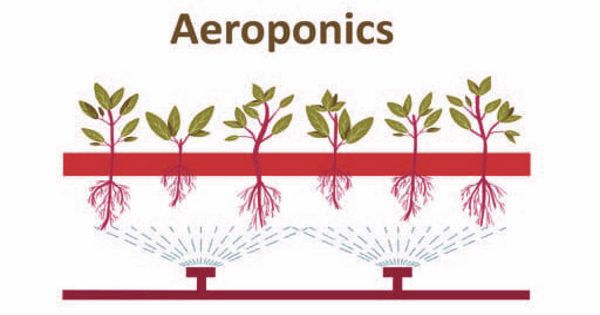It’s a peanut-filled world out there, at least for youngsters with peanut allergies. However, a recent study from the University of British Columbia and BC Children’s Hospital offers hope to parents and children who are at risk from peanut exposure.
“There’s a common misperception about peanut allergies that it’s not a serious health issue. Although the risk of a fatal reaction to peanuts is low in patients with peanut allergy, it has a major impact on quality of life and many families feel hopeless in dealing with what can seem like an unmanageable problem,” said the study’s senior author Dr. Edmond Chan, head of the division of pediatric allergy and immunology at UBC’s faculty of medicine and clinical investigator at BC Children’s Hospital Research Institute.
The research, which was recently published in the Journal of Allergy and Clinical Immunology: In Practice, is the first to show that exposing children to a small, regular dose of an allergen (in this case, peanuts) in a real-world setting (rather than a clinical trial) reduces the risk of allergic reactions.
Oral immunotherapy is a treatment strategy that entails progressively increasing the amount of peanuts (or peanut products) given to the youngster. One goal of treatment is to achieve desensitization, which means the child can consume a full amount of peanuts without having a hazardous reaction.
Another goal is to provide protection in the event of unintentional exposure, as well as to reduce or eliminate the need for epinephrine injections in the event of reactions. The child must continue to eat peanut products on a regular basis to maintain their immunity.
There’s a common misperception about peanut allergies that it’s not a serious health issue. Although the risk of a fatal reaction to peanuts is low in patients with peanut allergy, it has a major impact on quality of life and many families feel hopeless in dealing with what can seem like an unmanageable problem.
Dr. Edmond Chan
117 preschool-aged children with peanut allergies from across Canada were given a daily maintenance dose of 300mg of peanut protein, equivalent to around one peanut or a quarter teaspoon of peanut butter, for the course of the trial.
After a year, approximately 80% of the preschoolers were able to eat 15 peanuts (equal to 4000mg of peanut protein) without having an allergic reaction during an allergist-supervised oral challenge.
And practically every youngster in the research (more than 98%) could eat three to four peanuts without getting sick, which is adequate to guard against 99 percent of accidental exposures.
Although 21.4 percent of the children in the research had an allergic reaction during the allergist-supervised oral challenge, the reactions were mild (14.5%) or moderate (six per cent). For moderate reactions, two children were given epinephrine. There were no negative consequences.
Last year, the same researchers published another study that was the first to show that peanut oral immunotherapy was safe for a large group of preschool-aged children when given as a routine treatment in a hospital or clinic rather than as part of a clinical trial.
“Now, thanks to oral immunotherapy, these kids can accidentally eat something with peanut butter in it like a cookie or cake and not suffer a reaction, which is wonderful news for the families,” said the study’s lead author Dr. Lianne Soller, UBC allergy research manager based at BC Children’s Hospital.
Oral immunotherapy has been a game-changer for Ravinder Dhaliwal’s family and her six-year-old daughter, Saiya, who was diagnosed with a peanut allergy as a baby.
“Before starting therapy, our lives were filled with anxiety because every outing revolved around her food allergies,” said Ravinder. “Now, we can go to a restaurant or a birthday party without being in constant fear.”
Saiya began getting maintenance therapy in the spring of 2018 as one of the study’s participants, consuming a little bit of peanut product every day. She was able to eat 20 peanuts in one sitting without experiencing a reaction a year later.
Saiya is now eating peanut butter sandwiches three times a week and, for the first time in her life, she is appreciating the flavor of peanut goods and asking for them as a treat.
“Having gone through oral immunotherapy, I don’t feel scared anymore it’s like having a shield to protect my child. The experience has been empowering for all of us,” said Ravinder.
The earlier children receive oral immunotherapy, according to Chan and Soller, the better. Peanut allergies can become life-long if not treated, and reactions might become more severe, leading to social isolation, bullying, and anxiety.
















